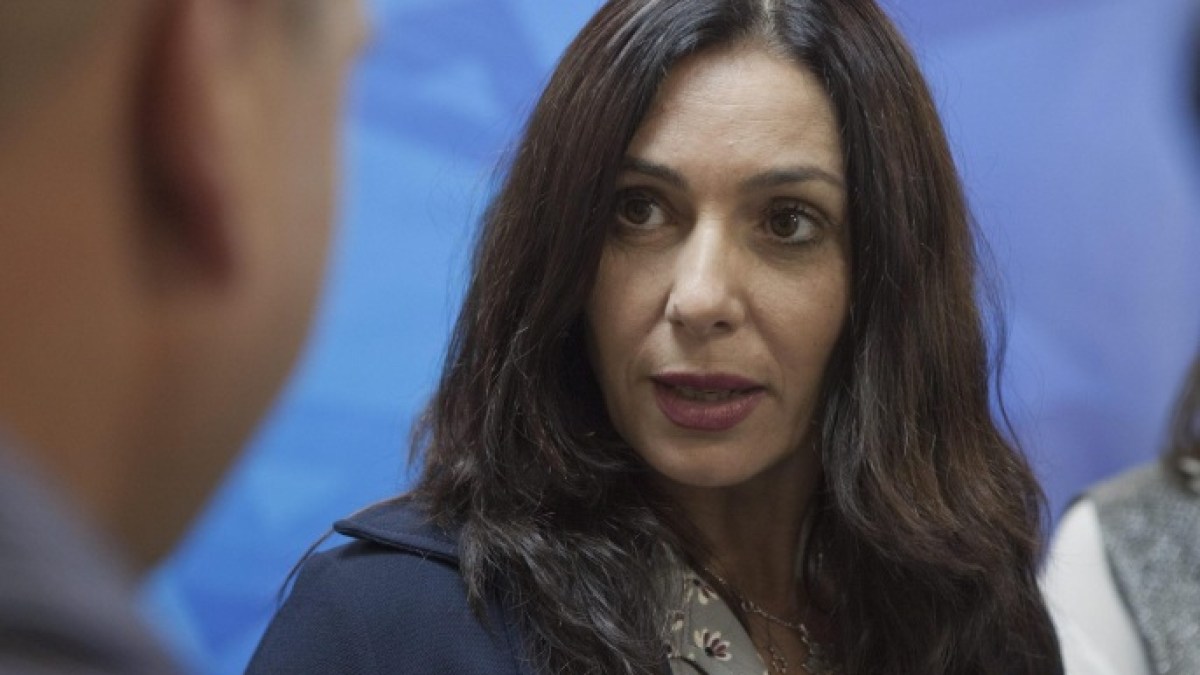Sharp disagreements erupted between Israeli Minister of Transportation Miri Regev and Chief of Staff Herzi Halevy during a recent cabinet meeting, as reported by Yedioth Ahronoth. Regev accused Halevy of sacrificing the residents of southern Israel and reducing the number of soldiers on the Gaza border, especially in light of military intelligence reports presented to Prime Minister Benjamin Netanyahu prior to October 7. This date marks the major assault launched by Hamas and other Palestinian factions on Gaza Strip settlements.
Regev demanded explanations from Halevy about the army’s lack of preparation for the October 7 attack, despite prior warnings from military intelligence. She questioned why the warnings from female soldiers monitoring the border and from the intelligence division were ignored. Furthermore, she accused Halevy of exposing the army to unnecessary danger, likening his soldiers to 'ducks on the wall' in front of Gaza. In response, Halevy stated that the issue of the warnings is currently under investigation.
This debate in the mini-cabinet came only two days after a similar dispute between Netanyahu and Army Intelligence regarding prior security warnings before the October 7 attack. The Israeli occupation army announced that Netanyahu had received multiple warnings throughout 2023 about the security risks Israel faced, linked to internal unrest following the government’s plan to amend the judicial system. Netanyahu, however, refuted the claims, asserting that military assessments did not indicate any imminent attack from Hamas, but rather suggested the opposite.
In parallel developments, the Israeli army announced on Friday that it had opened an investigation after images and videos surfaced showing Israeli soldiers allegedly burning books, possibly including the Koran, in Gaza. The army's criminal unit of the military police is conducting the investigation, condemning the behavior displayed in the footage as inconsistent with the values of the Israeli army, which respects all religions. The viral video and photos, yet to be authenticated by AFP, depict a soldier throwing a book, likely the Koran, into a fire and posing in front of burning bookshelves resembling those from Al-Aqsa University's library in Gaza.
These incidents have intensified scrutiny on the conduct of Israeli soldiers during the ongoing conflict in Gaza, sparked by the Hamas attack on October 7. Since then, Israeli soldiers have been accused of degrading behavior towards Palestinian civilians on social media. In February, a criminal investigation was launched into several alleged misconduct incidents by soldiers, including mistreatment of detainees and illegal use of force. According to Israeli sources, the October 7 attack resulted in over 1,170 deaths, mostly civilians, and the taking of 252 hostages by Hamas, with at least 35,800 Palestinians, predominantly civilians, killed in the subsequent Israeli offensive.
- The escalating tensions within the Israeli cabinet reflect a broader dissatisfaction and frustration with the handling of the security situation along the Gaza border. The debates underscore the critical importance of timely and accurate intelligence in preventing such devastating attacks and safeguarding civilian lives.
- The viral video and photo incidents come at a time when international attention is increasingly focused on the ethical conduct of military forces in conflict zones. The Israeli army’s commitment to investigating and addressing these allegations is a crucial step in upholding international humanitarian standards and demonstrating accountability.
- The ongoing conflict and the serious allegations of misconduct by Israeli soldiers highlight the complex and fraught nature of military operations in densely populated civilian areas like Gaza. These challenges continue to test the moral and strategic decisions of military and political leaders in the region.






